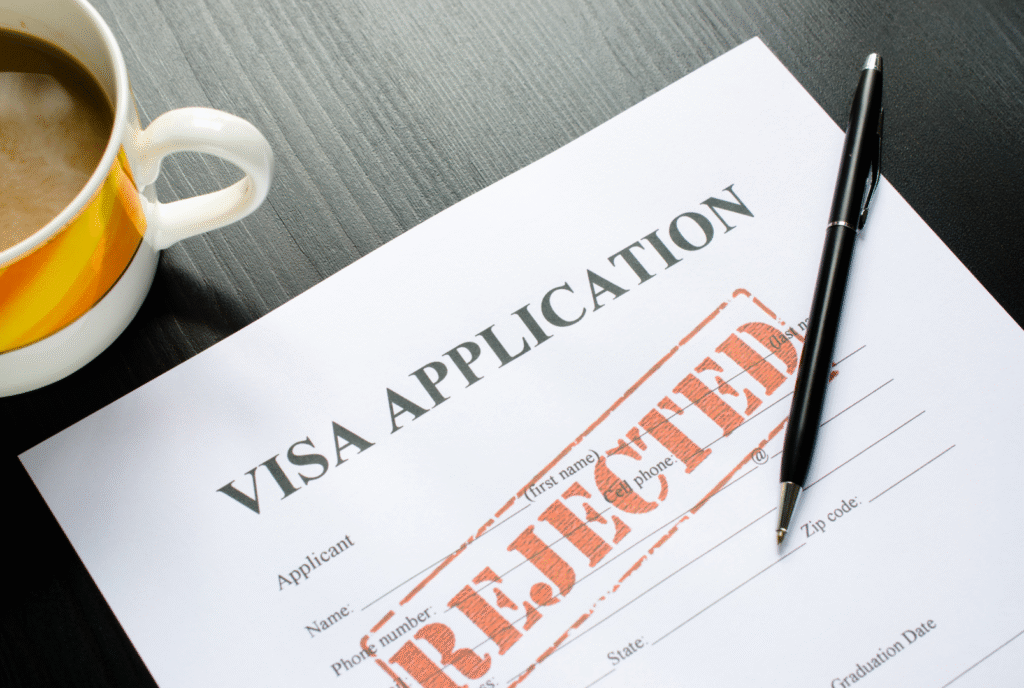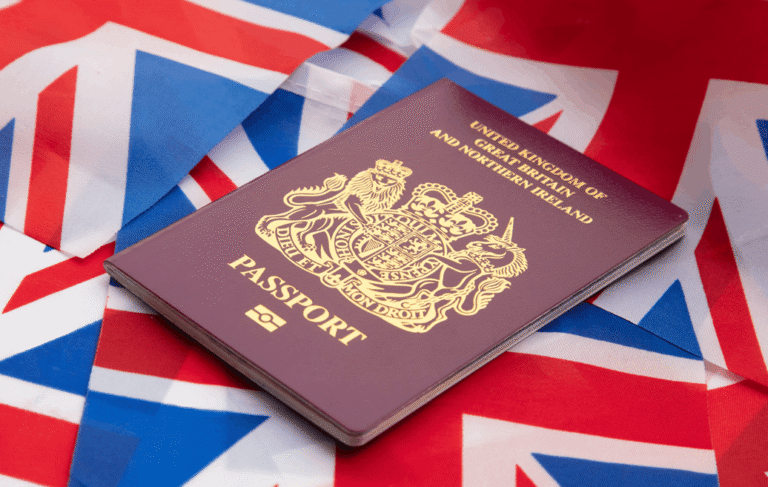Why Global Talent Visa Applications Are Getting Refused: Key Trends from Recent Cases

Over the past few months, we have seen a rise in Global Talent Visa refusals under the Arts and Culture route, many of which repeat the same key issues.
If you are preparing a portfolio or supporting documents, it is important understand what the Arts Council considers acceptable and what will almost certainly lead to rejection.
Below are the most common reasons for refusal, based on recent decisions.
International Awards
- Vanity prizes: Awards without a transparent application or judging process and lacking external media coverage viewed as vanity prizes.
- No external validation: If the prize information is only found on its own website with no third-party mentions (if we can’t google), it’s not accepted.
- No clear benefits to winners: Vague mention of “visibility” or “support” are insufficient. Prizes must detail what winners receive (e.g., grants, exhibitions, residencies).
- Open call competitions: Awards from open call exhibitions, especially those with many winners, are not accepted as prestigious awards.
Proof of Appearances
- Open call exhibitions: Participation in open call group shows is not sufficient evidence of significant professional engagement.
- Vanity galleries: Appearances in spaces that charge for participation are not accepted.
- Virtual-only exhibitions: Appearances in virtual exhibitions without physical presence are not valid (We had a statement from the Endorser that online exhibitions can be used provided certain requirements are satisfied, please refer to Sterling Law article. However, recent refusals suggest otherwise.)
- Lack of verification: If the exhibition or event can’t be verified online through reputable sources, it be not counted as evidence.
Media Recognition
- AI-generated articles: Articles that appear to have been written using AI are being rejected. (ex. phrases like “seamlessly” or “meticulous” as red flags).
- Unknown or unverifiable critics: Writers described as “critics” must have an established online presence and credible record in the arts. If their identity or expertise can’t be verified, the article is not accepted.
- Adverts: Media features labelled as “advertisements” or “sponsored content” are not accepted. The media must be editorially independent.
- Unverifiable media outlets: Media sources must be well-established and verifiable online (presence on social media, publication history, known contributors). Articles from self-published sites are not accepted.
If you are not sure whether your documents meet the Global Talent Visa criteria, or if you have already faced a refusal, please contact us for a detailed assessment. We have reviewed a lot of applications and can help identify weaknesses, suggest improvements, and guide you through building a strong, compliant portfolio.




